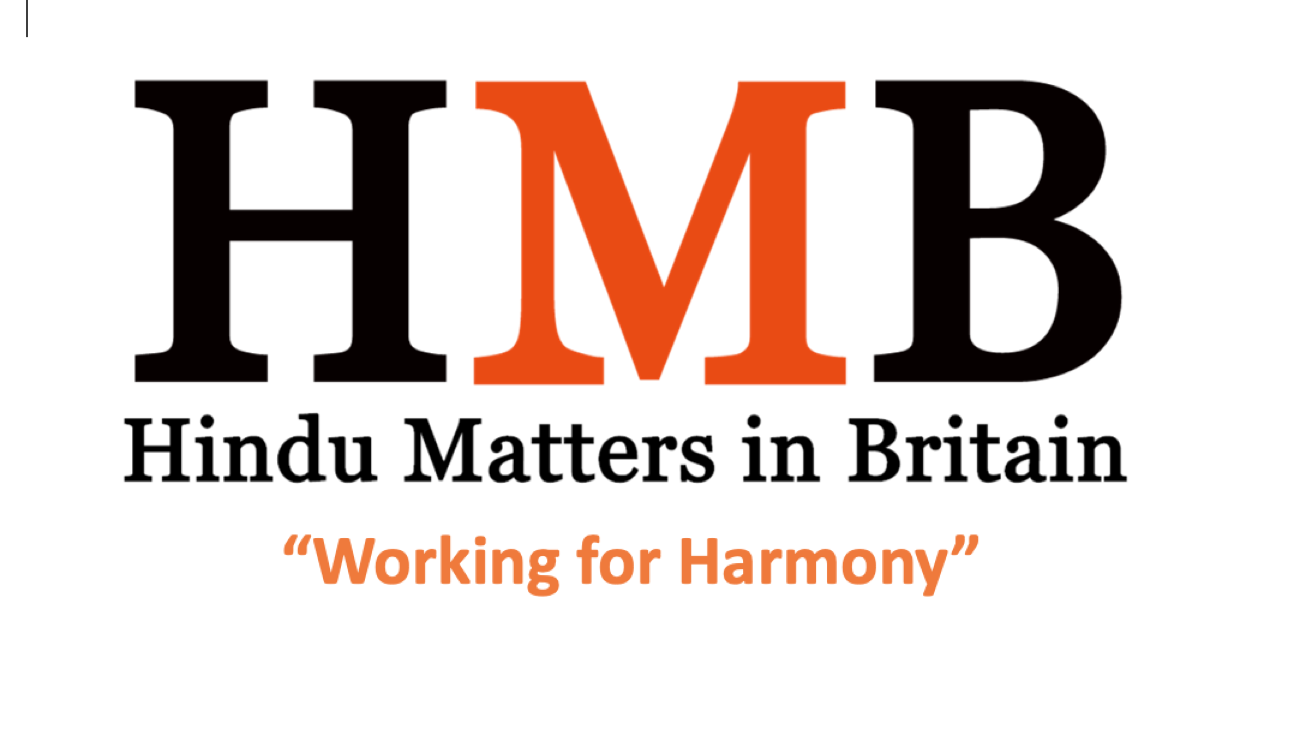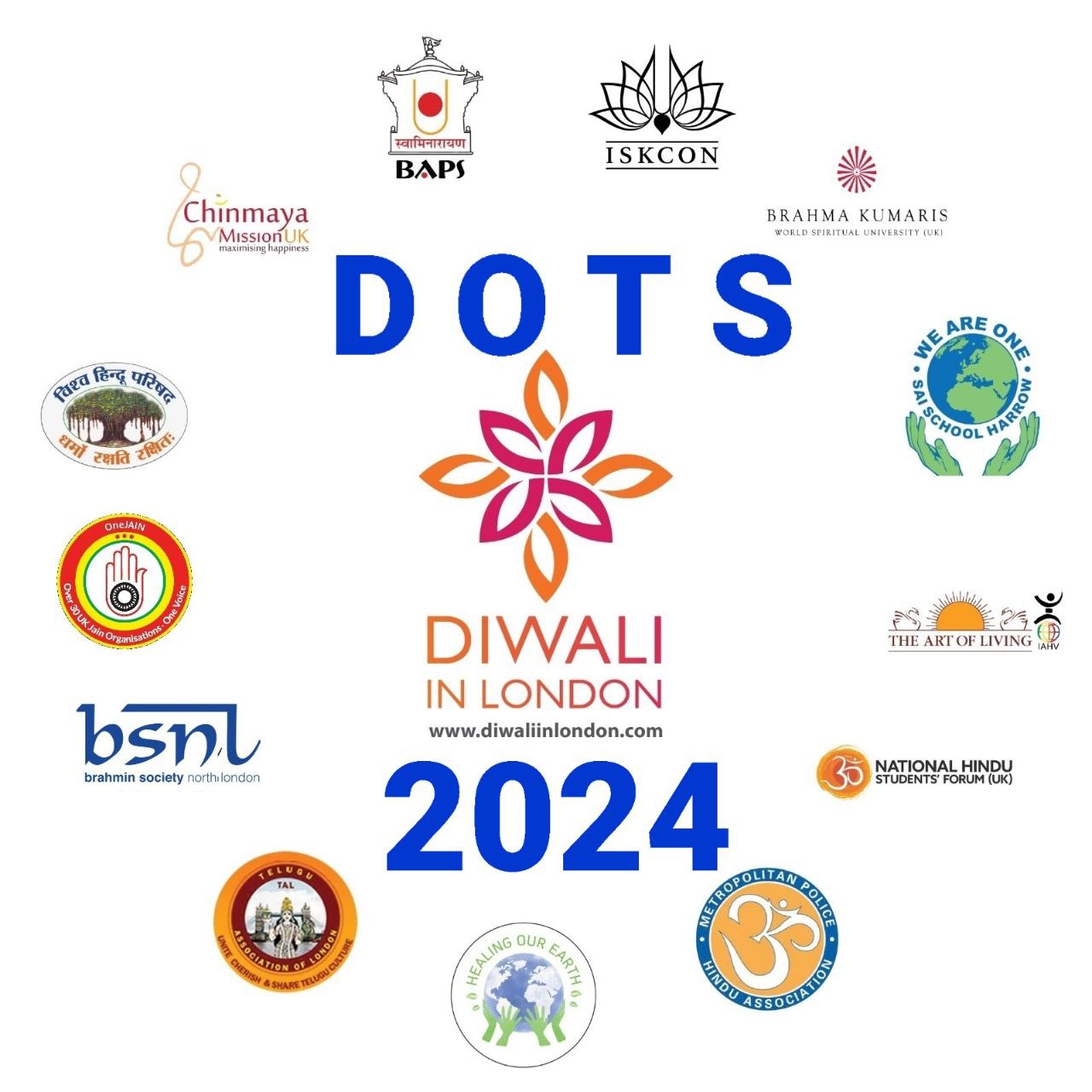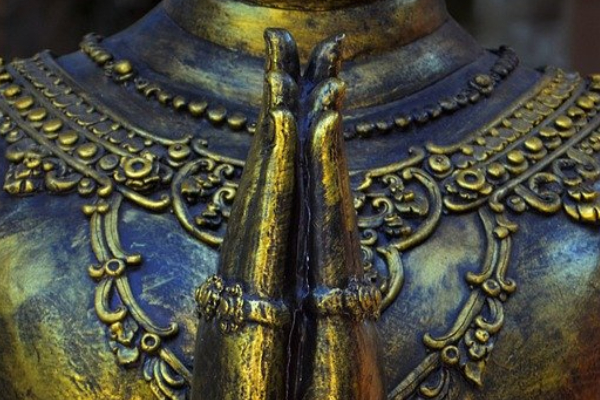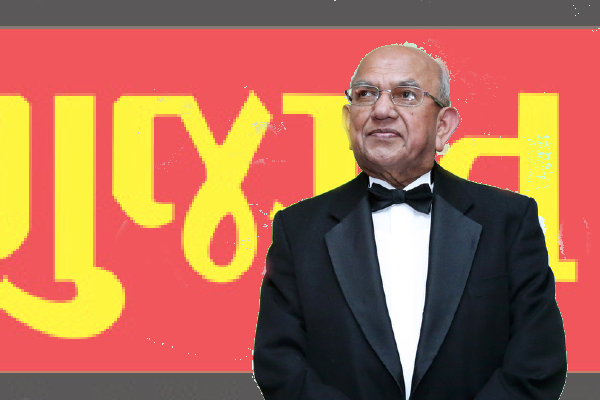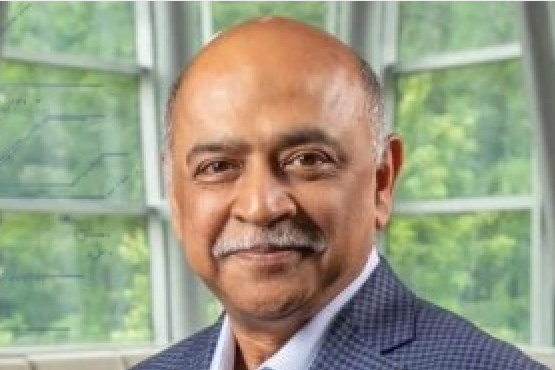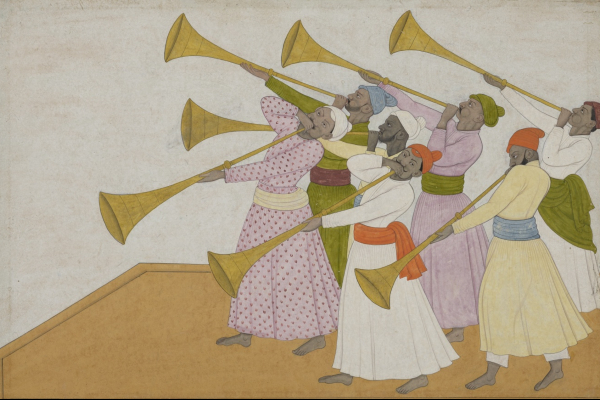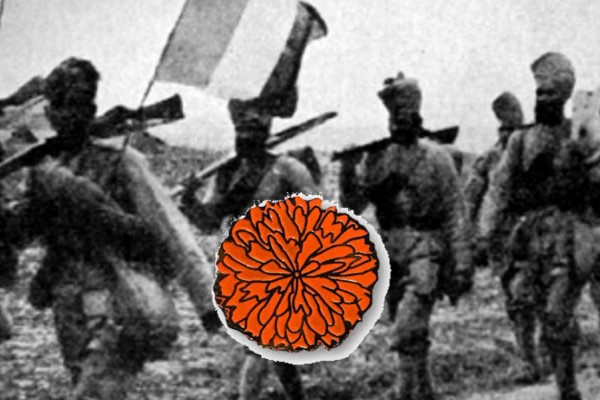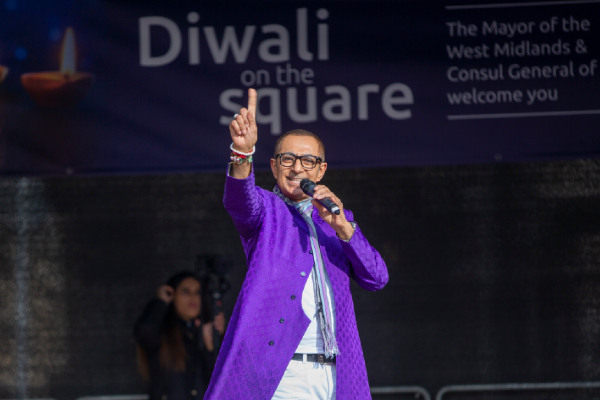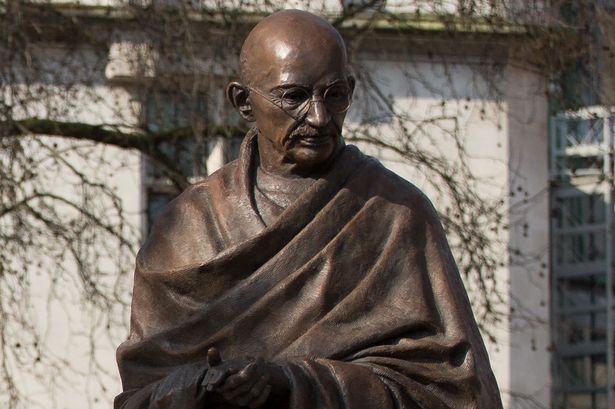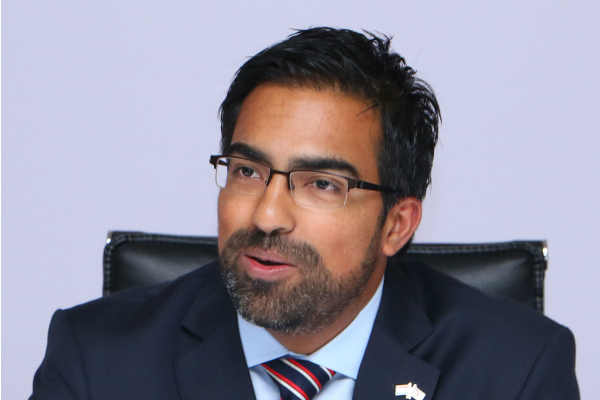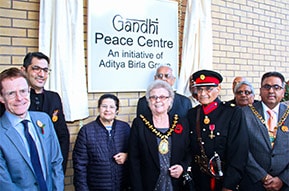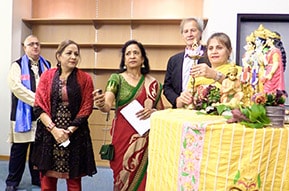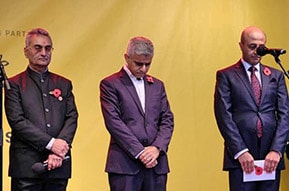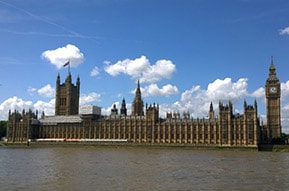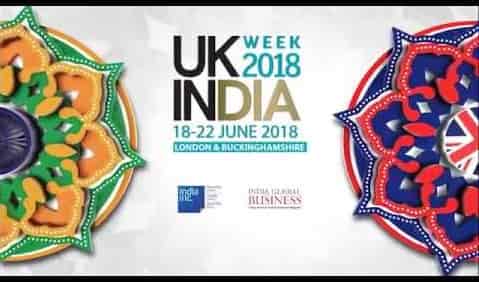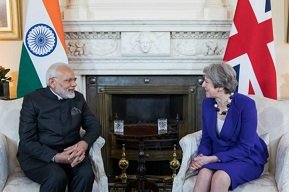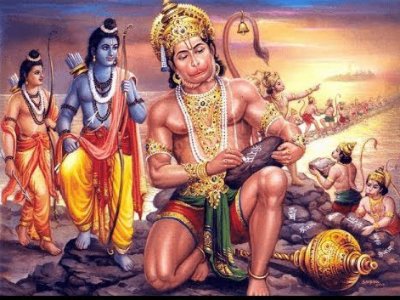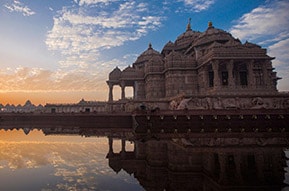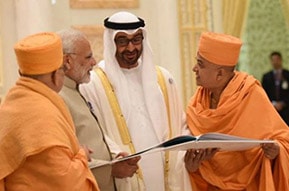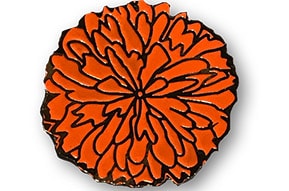Are Gujaratis the best business people?
Without a plethora of facts, it would be hard to say whether Gujaratis are the best business people in the world? But there amazing anecdotal evidence and data from some sectors of what Gujaratis can do when it comes to business.
The Economist has an excellent piece on The Gujarati Way which offers an insight into the real lives stories about the Gujaratis – it is simply inspiring.
Gujarati communities have become well established in many parts of Africa, Europe, and the USA. And since the rise of Modi power, Gujaratis have had added profile in the world of business. Modi stands for economic progress, and as Chief Minister of Gujarat before his rise to PM, he took the state from the bottom to a medal winning position in India’s rise to powerful economic states.
But as much as can be said about the Gujaratis, it is also the new era for the South Indians who are making tremendous inroads into the IT sector especially in the UK.
And another angle in addition to The Economist article which works in the Gujaratis favour is the diversity of the state. The Gujarat is the key base for Zoroastrians (Parsis) and Jains who are also inherently renowned for their entrepreneurship.
Some of the best Gujarati stories includes:
- Setting up corner shops in the 1970s onwards. Many of them who have now moved to establish multi-nationals and roles in public life (e.g. Hindujas, Swraj Paul, Lord Popat).
- In the USA, a third of hotels and motels are owned by Gujaratis. Have you heard the term, Hotels, Motels and Patels?
- 90% of world’s rough diamonds are cut in Surat, Gujarat. Gujaratis, control almost three-quarters of Antwerp’s (Belgium) diamond industry
- Gujaratis own almost half (12,000) of America’s independent pharmacies (as well as one of the biggest chains in Britain, Day Lewis).
- The three wealthiest Indian businesspeople—Mukesh Ambani, Dilip Shanghvi and Azim Premji—are Gujarati. With just 5% of India’s workforce, Gujarat produces 22% of the country’s exports. Reliance, one of India’s largest private conglomerates, is Gujarati-owned. The industrial centres of Ahmedabad and Surat dominate India’s synthetic textile sector. One of the world’s biggest denim factories is in Ahmedabad, which is also home to some of India’s pharmaceutical giants.
